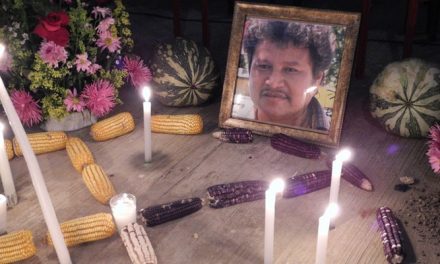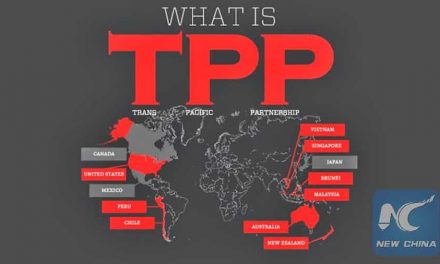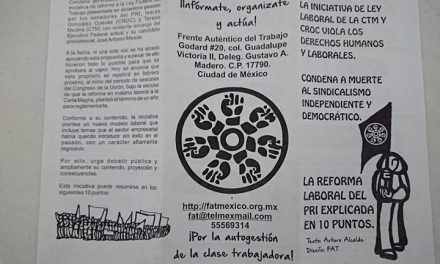The Worst Company in the World
November 13, 2015
By Judith Marshall
Jacobin Magazine
Both during and after his two terms in office, former Brazilian president Luis Inácio Lula da Silva staked much of his legacy on Brazil’s “South-South” orientation towards Africa. In return, he’s been held across the continent in nearly the same esteem as national liberation leaders such as South Africa’s Nelson Mandela or Mozambique’s Samora Machel.
On his first presidential visit to Mozambique in 2003, Lula got a hero’s welcome and gave emotional speeches about the importance of Global South solidarity. He responded with empathy to the AIDS pandemic and promised Brazilian support for a project to produce affordable drugs to combat it.
But perhaps more telling was not what Lula was saying in Africa, but who he brought along with him. The Brazilian entourage included Roger Agnelli, the brash banker who played a major role assessing the value of Brazil’s premier state enterprise, Companhia Vale de Rio Doce, in the run up to its privatization in 1997.
Agnelli subsequently became Vale’s first president and CEO — leading a corporation that was anointed the “worst company in the world” in 2012 by activists for its labor relations, community impact, and environmental record.
Not that this did much to tarnish Agnelli’s reputation. Buoyed by the “commodities supercycle” with average increases of 150 percent from 2002–2012, the seemingly bottomless Chinese demand for iron ore, and the abundant capital from the Brazilian National Bank for Social and Economic Development (BNDES), Agnelli appeared to have the Midas touch. His time in command at Vale was characterized by aggressive global expansion and fabulous profits and shareholders returns.
Agnelli’s public relations team at Vale worked hard to project a spirit of South-South cooperation in sync with Lula’s rhetoric, claiming that Brazilian mining investments in the Global South would bring jobs and economic development unlike companies from the imperialist “North.”
Yet tracking Vale’s trajectory, whether within Brazil itself, in Mozambique where it has embarked on a greenfield investment in a coal mining, railway, and port complex, or in Canada where it acquired established nickel operations, a very different picture emerges — one characterized by a marked dissonance between Vale’s rhetoric and the realities on the ground across the company’s global operations.





